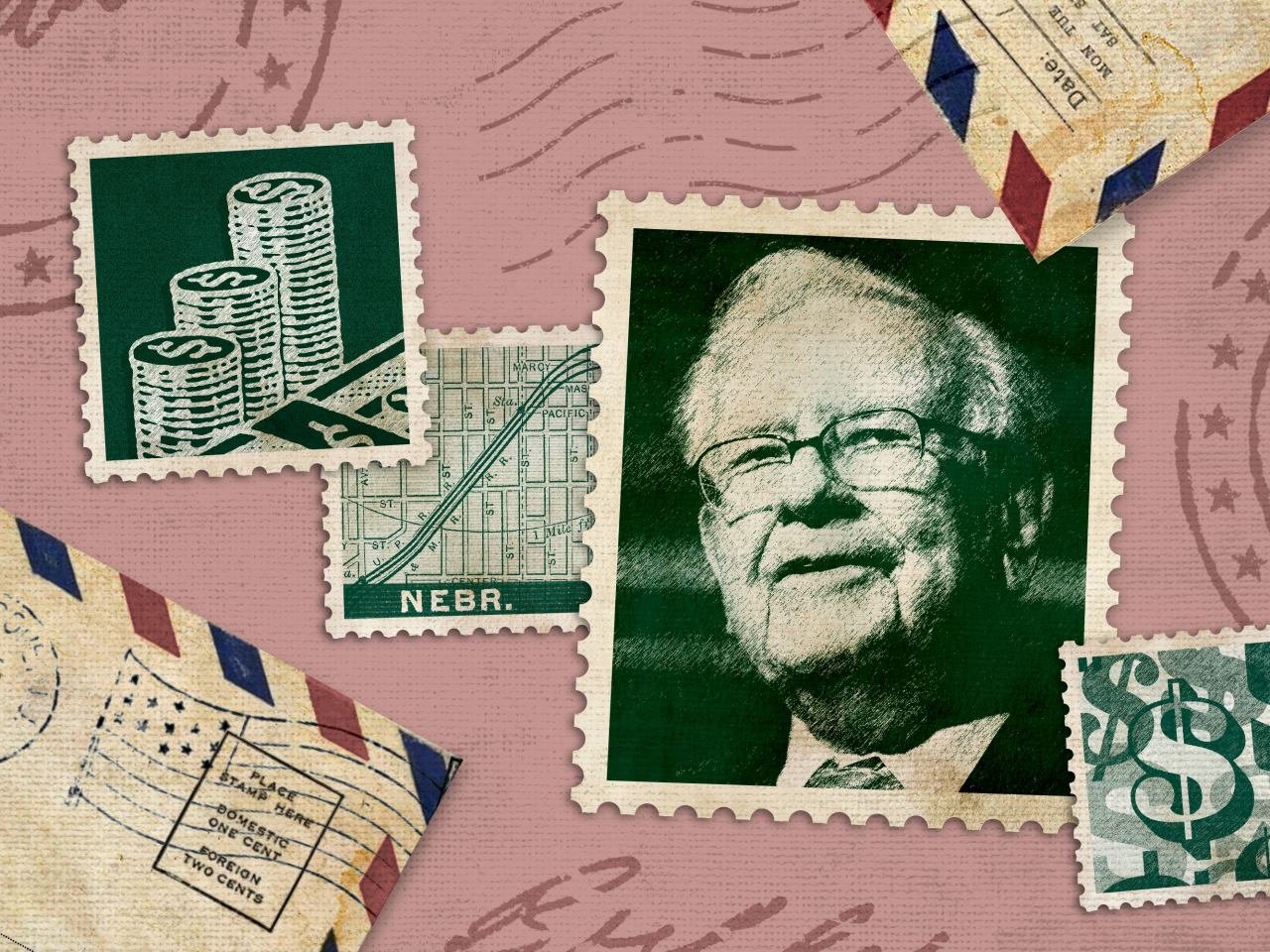
Berkshire Hathaway’s Cash Reserves Reach Record Levels
As of the third quarter of 2024, Berkshire Hathaway’s cash and Treasury bill holdings have exceeded $300 billion, marking a historic high (dating back to at least 1998). This increase is the result of Berkshire continuously selling more stocks than it purchases for the past nine consecutive quarters.
The company has made significant reductions in its portfolio, notably in major companies like Apple and Bank of America. This cautious approach suggests that Buffett sees current stock market valuations as overinflated, prompting him to prioritize liquidity over potentially overvalued equity investments.
What to Expect from Buffett’s Annual Shareholder Letter?
Buffett’s highly anticipated annual letter is expected to shed light on Berkshire Hathaway’s rising cash reserves and its future investment strategies. This letter, traditionally released alongside the company’s annual report and fourth-quarter earnings, provides Buffett’s insights on the economy, investment strategies, and potential market opportunities.
Given the current economic environment—rising interest rates and volatility in bond markets—investors are keen to understand how Berkshire plans to deploy its massive cash reserves. Any guidance from Buffett will be closely analyzed by the financial community.
Why Is Berkshire Holding So Much Cash?
There are several strategic reasons behind Berkshire’s decision to hold a massive cash reserve:
- High Market Valuations: The S&P 500 has seen significant gains, pushing valuations above historical averages. With few attractive investment opportunities, Berkshire may be opting for a more conservative stance.
- Economic Uncertainty: Global geopolitical tensions, trade challenges, and domestic issues like rising interest rates have made the market more volatile. Holding large cash reserves gives Berkshire the flexibility to weather economic downturns and seize lucrative opportunities when they arise.
- Succession Planning: With Buffett nearing 95 years old, speculation about leadership transition has grown. Maintaining a strong cash position ensures that future management can make strategic decisions freely, without financial pressure or urgency.
What Does This Mean for Investors?
Berkshire’s cash-heavy strategy may signal a cautious investment outlook. While some shareholders might prefer short-term returns through dividends or share buybacks, Buffett’s long-term strategy focuses on value creation and financial preparedness.
His approach aligns with his famous investing principle:
“Be fearful when others are greedy and greedy when others are fearful.”
FAQ – Warren Buffett’s Cash Strategy
Why is Warren Buffett holding so much cash?
Buffett believes the market is overvalued, with limited attractive investment opportunities. Additionally, he prefers to maintain liquidity to navigate potential economic uncertainties.
What will Berkshire Hathaway do with its cash reserves?
While Buffett hasn’t disclosed specific plans, Berkshire’s large cash holdings provide the flexibility to make major acquisitions or investments when the right opportunity arises.
How does this strategy impact Berkshire Hathaway shareholders?
This approach might delay immediate returns, but it focuses on long-term capital protection and strategic investments to ensure future growth and profitability.
Buffett’s annual letter is one of the most closely followed financial updates of the year, and investors are eager to see how he plans to navigate economic uncertainty and deploy Berkshire’s enormous cash reserves.
💬 What do you think about Berkshire’s cash strategy? Will it continue to influence the market? Share your thoughts in the comments or join the discussion on social media!






